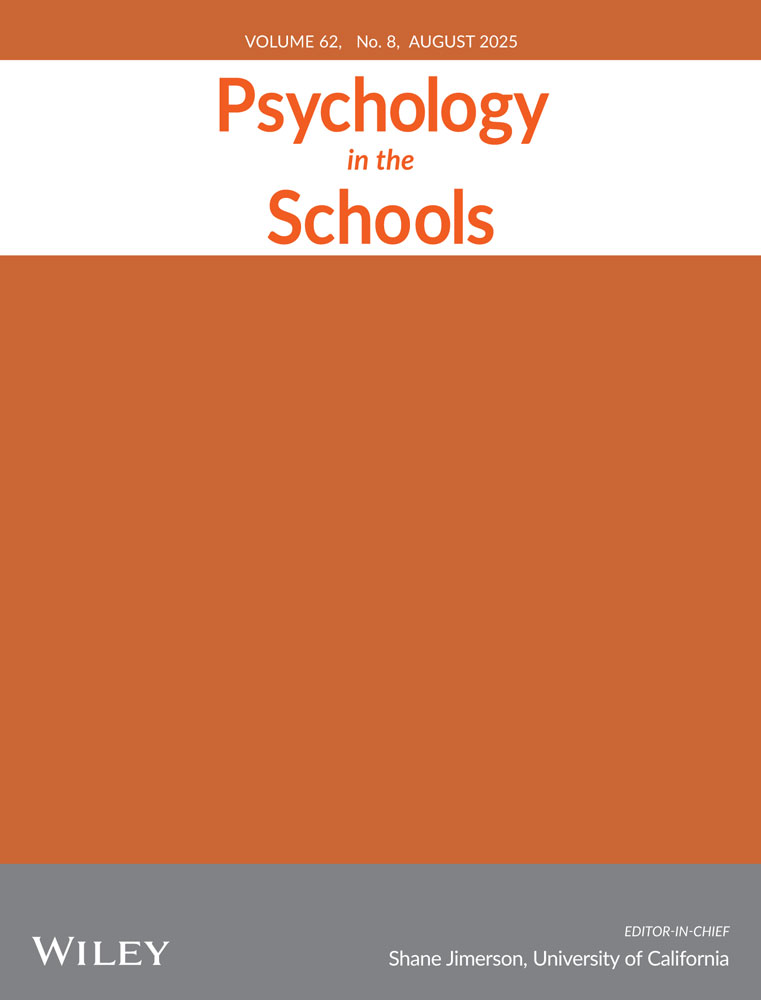Effects of Sleep Duration on Academic Performance and Its Heterogeneity: Evidence From 165,750 Primary and Secondary School Students in China
ABSTRACT
The problem of insufficient sleep is becoming increasingly common and affecting younger people. This study aims to explore the optimal amount of sleep conducive to the academic performance of primary and secondary school students and the heterogeneity of the positive effects. The 2020 Student Academic Quality Monitoring Project in Jiangsu province of China was studied. Various methods such as Ordinary least squares (OLS), Propensity score matching (PSM) and Quantile regression (QR) were adopted to analyze the data collected from 165,750 students. The study has found an inverted-U-shaped relationship between sleep duration and academic performance. In addition, the optimal amounts of sleep for primary school and secondary school students are 9 to 10 h and 8 to 9 h, respectively, which have the most significant positive effect on academic performance. The study also suggested that associations between sleep duration and academic performance were stronger in students with lower academic performance. It is important to acknowledge the pivotal role of sleep duration in improving the academic performance of primary and secondary school students and encourage the collaborative efforts of individuals, families, and schools to ensure sufficient sleep and a healthy development of adolescents.
Summary
-
Sleep duration and academic performance show an inverted U-shaped relationship.
-
There are differential effects of sleep duration on students with different academic levels.
-
Sleep duration and academic performance were stronger in students with lower academic performance.
Conflicts of Interest
The authors declare no conflicts of interest.




